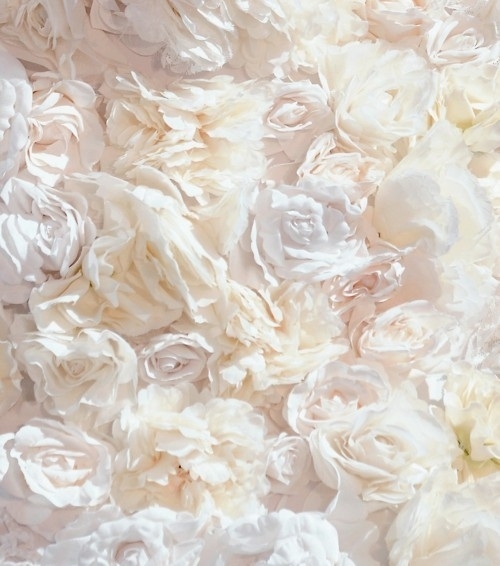and I will remember your small room
the feel of you
the light in the window
your records
your booksour morning coffee
our noons our nights
our bodies spilled together
sleeping
the tiny flowing currents
immediate and foreveryour leg my leg
your arm my arm
your smile and the warmth
of you
who made me laugh
again.- Charles Bukowski, Raw with Love
The sky today is oddly blue, the air unseasonably warm for late October. The leaves outside our big glass panes are amber and gold, but the sun is shining through them. I soak up as much of it as I can. Soon the storms will come, and I will need the memory of sunshine on my face to get through December.
I bottle it up and place it carefully on a shelf, in the library inside my head where I keep favorite verses of poetry, snapshots of cobblestone street walks in Nice and late afternoon drives across Tuscany, dried lavender pouches in the back of closets and drawers, and the smell of lemon zest being grated into pastry dough.
Memory, like language and consciousness, is a characteristic of the human brain that evolved because of its adaptive fitness. It is a tool for survival, a mechanism that defines who we are and influences who we will become. Literally.
We transform experiences to memories by triggering a synaptic change in our neurons; they create a "code that represents a series of disparate facts about the scene or idea" and fire those across different areas of the brain. When we remember, we reconnect the details we coded to reconstruct our version of the experience. As we do this again and again, past connections influence the formation of new ones.
"Our ability to find humor in the world, to make connections between previously unconnected notions, to create new ideas, to share in a common culture: All these essentially human acts depend on memory.
I remember flying kites after a family lunch one Sunday. My father's tired brown robe, falling apart at the seams. The exact shape and count of the crow's feet around his eyes. The teapot my mother swore was magic. The recipe for her famous apricot tarte. The precise location of every beauty spot on my brother's neck. The heart shaped dent on my sister's forehead. The first bouquet of red roses I received. The flavor of the first Roman gelato I shared.
"Who we are and what we do is fundamentally a function of what we remember."
I am the sum of things I remember. But in the logic of pathological dualism, I am also the sum of things I forget.
Like 7 times 8, or 7 times 9. The official title of my doctoral dissertation. The laundry. How cold it was last winter. Where I was when the Lebanon War ended. Whether I said I love you when I left the apartment on that horrible 13th of July. Why I reached the hospital thirty minutes too late that day.
"Memories warm you up from the inside. But they also tear you apart."
Memory loss is most often attributed to disease, old age, stress, fatigue. But there are other, deliberate reasons we forget. In The Guernsey Literary Potato Peel Pie Society, a young woman describes the concentration camp she was held in during World War II:
"In the bunks, the air we breathed was weighted with sickness and filth, but when Elizabeth spoke, I could imagine the good fresh sea air and smell of fruit in the hot sun. Though it cannot be true, I don't remember the sun shining one day on Ravensbrück."
Joshua Foer wrote that "it is forgetting, not remembering, that is the essence of what makes us human. To make sense of the world, we must filter it."
Perhaps sunshine simply did not make sense in Ravensbrück.
Neural plasticity is a human characteristic that allows our brain to heal, change, and rewire itself in response to experience. We choose what and how we remember. We choose what we forget. Perhaps that is why, in the English, French, Greek, Arabic, and Vietnamese languages, memory is recorded "by heart."
"Sometimes fate is like a small sandstorm that keeps changing directions. [...] No matter how metaphysical or symbolic it might be, make no mistake about it: it will cut through flesh like a thousand razor blades." But in this storm, "man's memory shapes its own Eden within." It is neither an accurate, nor comprehensive record of the past, but perhaps that is not its purpose.
Perhaps, in the purest Darwinian sense, we remember, and forget, in order to survive our storms. Or, as J.M. Barrie more poetically said:
"God gave us memory so that we might have roses in December."
This post was originally published here, on the author's blog: Aristotle at Afternoon Tea.

